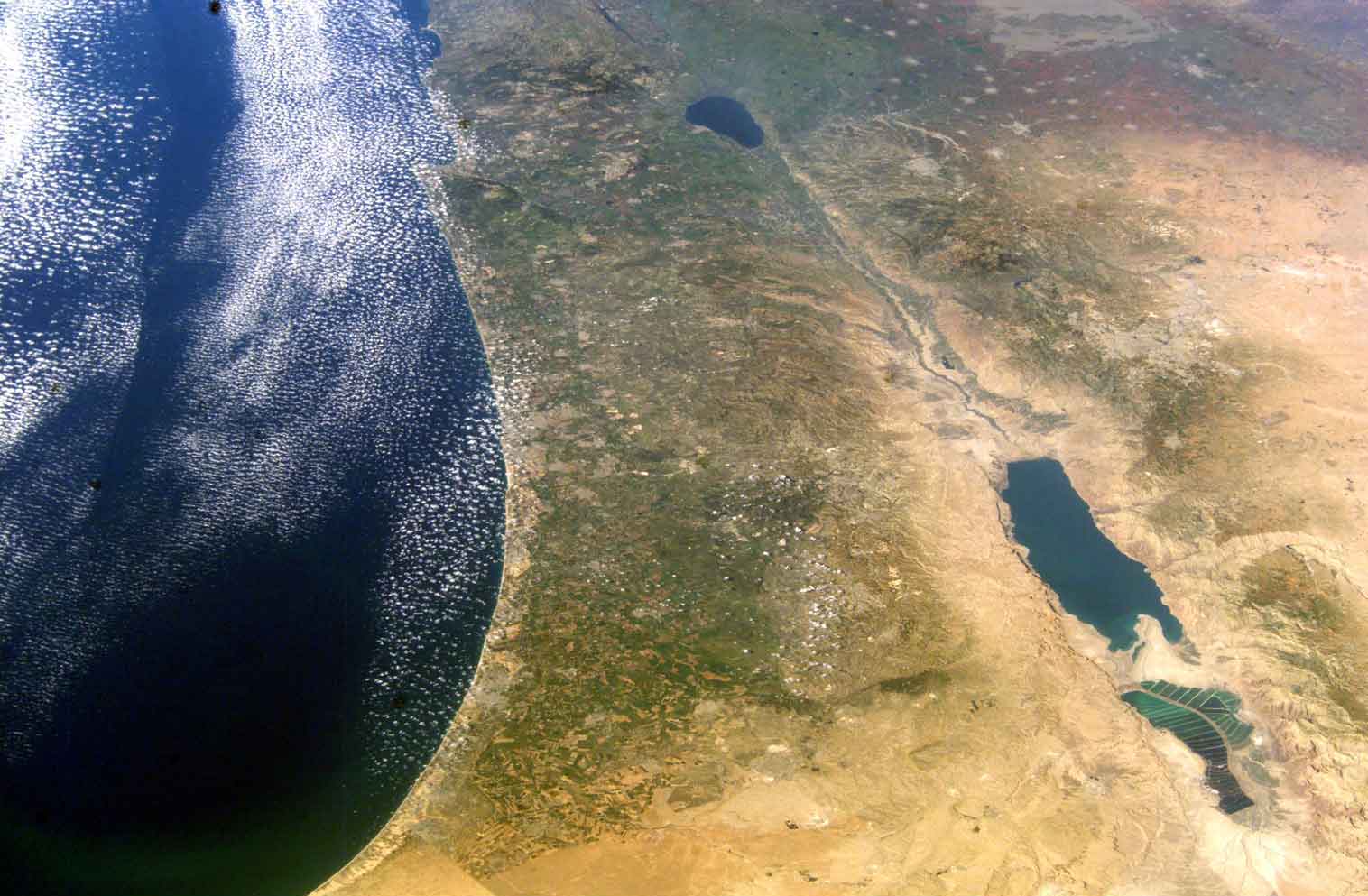The last 50 years have seen tremendous progress in Israel. Its population has almost tripled, its economy has grown exponentially and its standing in the world has increased beyond expectations, despite a plethora of anti-Israel UN resolutions, boycott, divestment and sanctions campaigns and other hostile measures. And in addition to peace treaties with Egypt and Jordan, Israel is now co-operating with several Arab countries in the region.
As the Jewish state gets set to mark the 50th anniversary of its spectacular victory in the June 1967 Six Day War, there’s good cause to celebrate, but there’s also compelling reasons to worry. That’s how I read the new book by Micha Goodman, one of the most significant young Jewish thinkers in Israel today. Its title says it all: Milkud 67 (Catch 67).
The Israeli catch of 1967 is rooted in the state’s need for security, which often entails seemingly unfair restrictions on the Palestinians.
The corresponding Palestinian catch is rooted in their narrative about being defeated and humiliated, not only in the Six Day War, but no less when Israel was established in 1948. Aping the anti-Semitic canard about Jewish world domination, Israel is often described as evidence of the Jews’ aim to rule people, in general, and Muslims, in particular.
READ: WILL THE JEWISH COMMUNITY INCREASINGLY REFLECT AN ORTHODOX AGENDA?
Peace with Israel would challenge the Palestinian narrative that the Jews have no right to be in the region and are seen as invaders of the kind that have plagued Islam for centuries.
But Israel is there to stay, despite its occasionally questionable behaviour. That’s why Israel’s efforts to obtain a permanent peace treaty have failed, despite offers of far-reaching concessions.
Goodman takes all this into account. Despite his realistic assessment of the international situation and his sophisticated analysis of the limitations of both the political right and left in Israel today, he offers helpful suggestions for confidence-building measures that may not lead to a formal peace treaty,
but could bring about an indefinite armistice.
His assessment is based on the belief that, from the Palestinian perspective, although they could never agree to a formal peace treaty, they may be willing to live under a “hudna,” or truce, that would allow them to keep their narrative and still live in peace with Israel, as long as they didn’t have to acknowledge it as a Jewish state.
Israeli Prime Minister Benjamin Netanyahu’s insistence that the Palestinians affirm Israel as a Jewish state is an implied way of making a permanent armistice impossible. As Israel has been recognized as a Jewish state by virtually the whole world, including the United Nations, it should be able to leave
the matter alone for the sake of a mutually beneficial coexistence with the Palestinians.
Among several other proposals, Goodman suggests that, as a first step, Israel should acknowledge the Palestinian Authority as the Palestinian state, thus perhaps making it possible for its leaders to shelve their mythology of throwing the Jews into the sea and, instead, enable their people to lead much more dignified lives, by taking responsibility for their own law and order. That would reduce the need for Israel to intrude into Palestinian territory, in order to safeguard its borders.
Such an arrangement would also offer Palestinians untold economic opportunities to secure better lives for themselves, by taking advantage of the resources that Israel could place at their disposal.
Before readers tell me that I should be saying this to Palestinians, instead of writing about it here, please bear in mind that Goodman’s book is in Hebrew, not Arabic. He urges Israel’s leaders to take unilateral steps, not by seeking to annex Palestinian territory, but by making it possible for Palestinians to set aside their self-destructive mythology, in favour of realism, peace and dignity.
